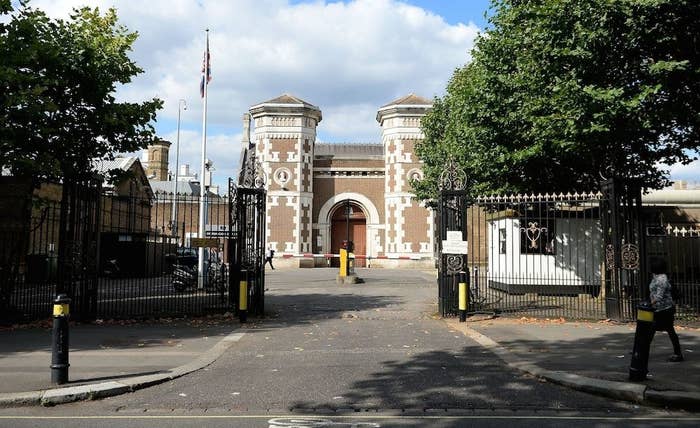
Thousands of offenders are being sent back to prison every year without committing a new crime, according to criminal justice campaigners.
The Howard League for Penal Reform said unnecessary pressure was being put on an already stretched prison service by so many prisoners being recalled after breaching the terms of their release licence.
The government's most recent offender management bulletin, covering 2015, showed 6,564 prisoners were recalled to prison over licence breaches, 15% more than the previous year and 55 times more than in 1993 when the figure was just 150.
Typically, prisoners who are released before the end of their sentence spend the remainder of the term on licence. This means they must abide by a set of rules, such as displaying good behaviour and appearing at regular appointments with probation officers.
The Offender Rehabilitation Act 2014, which allowed the part-privatisation of the probation service, meant that licence conditions could be imposed on offenders who serve sentences shorter than than 12 months.
The Howard League is urging the government to adopt a new policy of dealing with recently released offenders through the probation service and community penalties. The charity is making its case in a submission to the UK's periodic review of human rights, run by the United Nations.
Andrew Neilson, director of campaigns at the Howard League, said: "Why are we sending men and women back to prison when they have not committed new crimes?
"Far from transforming rehabilitation, privatising the probation service and making more people subject to licence conditions has sped up the revolving door, returning people to prison and putting more pressure on a system that fails everyone.
"Removing the possibility of recall to custody would be a more sensible way to help people who are struggling to comply with their licence conditions."
In a letter to the then-justice secretary Michael Gove in June this year, seen by BuzzFeed News, the Howard League's CEO, Frances Crook, raised the issue of large-scale prisoner recall and urged him to scrap the policy.
"None of these men and women would have been recalled under the old system," she wrote.
"Far from transforming rehabilitation, this is speeding up the revolving door, returning people to custody and exacerbating prison crowding. There is no discernable benefit."
In the letter, Crook told the story of Anna, a pregnant 26-year-old offender who was recalled to prison three times since January for breaching the terms of her licence.
She had served multiple prison sentences, mainly for low-level shoplifting. Her most recent sentence was for stealing £10 worth of items to fuel an alcohol addiction, Crook said.
Crook highlighted a statement from a case manager at the Nelson Trust, a charity that works with women escaping sex work in Swindon.
"All agencies involved with this client have expressed grave concern over the impact of short custodial periods, on either Anna herself or partner agencies being able to coordinate any coherent plan for her or the unborn baby's welfare," the case manager said.
"Anna would desperately like to be able to manage, but without specialist help and intensive support, she is unable to. A plan to offer this has not been formulated because of the regular but short periods of detention, interspersed with short periods of drug use."
The manager said that a positive outcome for Anna is now "unlikely", in part due to her frequent incarceration.
A Ministry of Justice spokesperson said: "These figures are not comparable. There have been significant changes to the way we manage offenders which mean comparing them is misleading.
"Public protection is our priority and offenders on licence must comply with a strict set of conditions. If these conditions are breached they face going back to prison.
"Safety in prisons is fundamental to the proper functioning of our justice system and a vital part of our reform plans."
